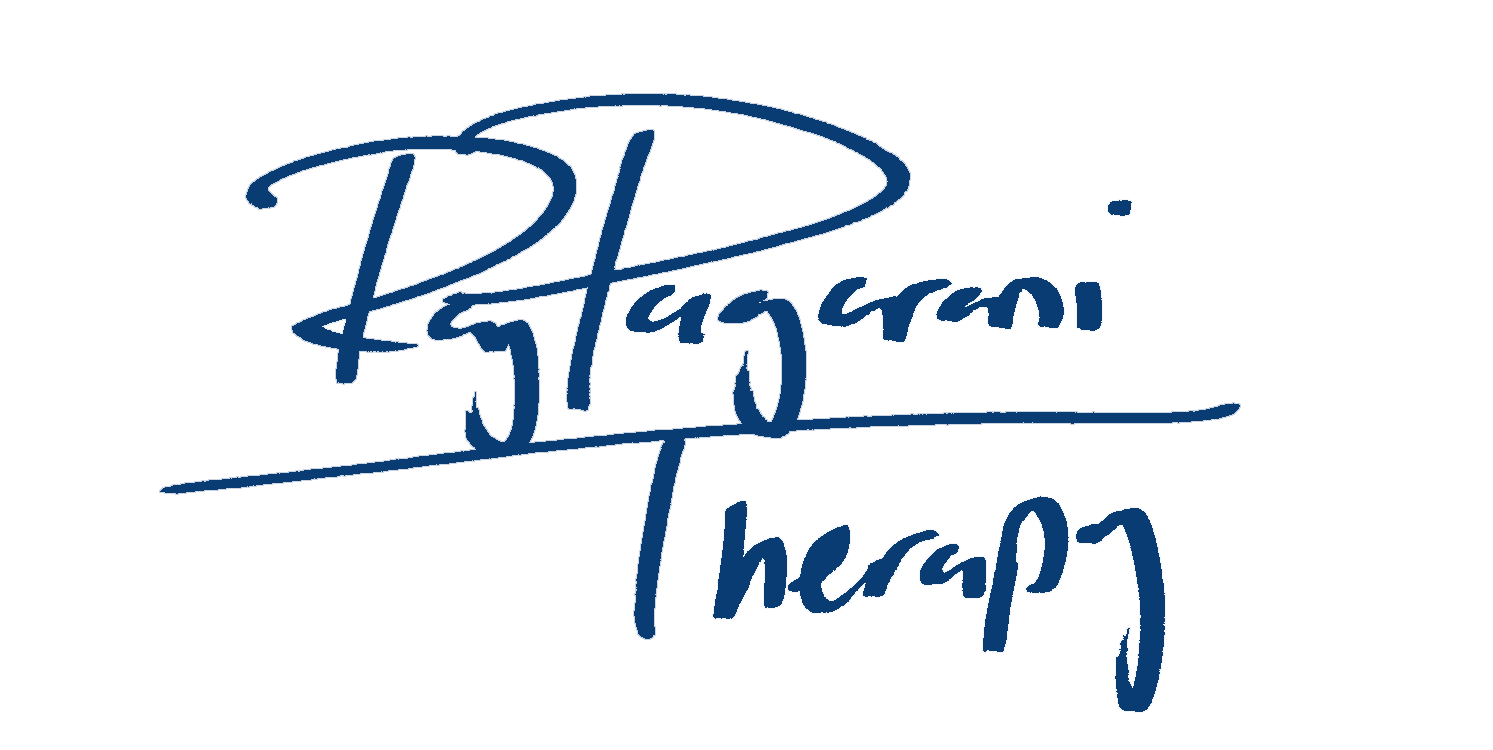Eye movement desensitization and reprocessing (EMDR)
I am a trained EMDR Therapist and occasionally will use this method if I believe it will help with certain issues alongside regular talking therapy. Below is an explanaition of what EMDR is and what the benefits can be. There are many useful videos on youtube too that can help explain EMDR visually.
EMDR is a evidence-based psychotherapy approach that focuses on helping individuals process and heal from distressing or traumatic experiences. It is particularly effective for addressing symptoms related to post-traumatic stress disorder (PTSD) but can also be beneficial for other mental health conditions.
During an EMDR session, I will guide you through the process. I will create a safe and supportive environment for you to explore and process your emotions and memories. We will identify a specific traumatic event or distressing experience that you would like to target during the therapy.
I will then use bilateral stimulation, which can involve your eyes following my finger moving side to side, or other forms of stimulation like tapping or auditory tones. This bilateral stimulation helps activate both sides of your brain, facilitating the reprocessing of the distressing memory.
As you focus on the targeted memory, I will guide you through a series of sets, during which you'll be asked to bring the memory to mind while simultaneously attending to the bilateral stimulation. This process allows your brain to make new connections, reorganize the memory, and release any associated negative emotions or beliefs.
Throughout the therapy, I will help you maintain a sense of safety and support, ensuring that you feel comfortable and in control. I will also assist you in building coping skills and resources to manage any emotional distress that may arise during the process.
The number of sessions required for EMDR can vary depending on your unique circumstances and goals. Some individuals may experience significant improvement in just a few sessions, while others may require more extensive treatment. Your therapist will work collaboratively with you to determine the most appropriate treatment plan.
The benefits of EMDR can be transformative. By engaging in this therapy, you can expect to experience a reduction in distressing symptoms related to trauma, such as flashbacks, nightmares, and intrusive thoughts. You may also notice a shift in negative beliefs and self-perception, leading to increased self-esteem and a greater sense of empowerment.
EMDR can help you process and integrate traumatic experiences, ultimately fostering healing, resilience, and a renewed sense of well-being. It's important to seek out a qualified and licensed therapist who has received specialized training in EMDR to ensure you receive the highest quality of care.

